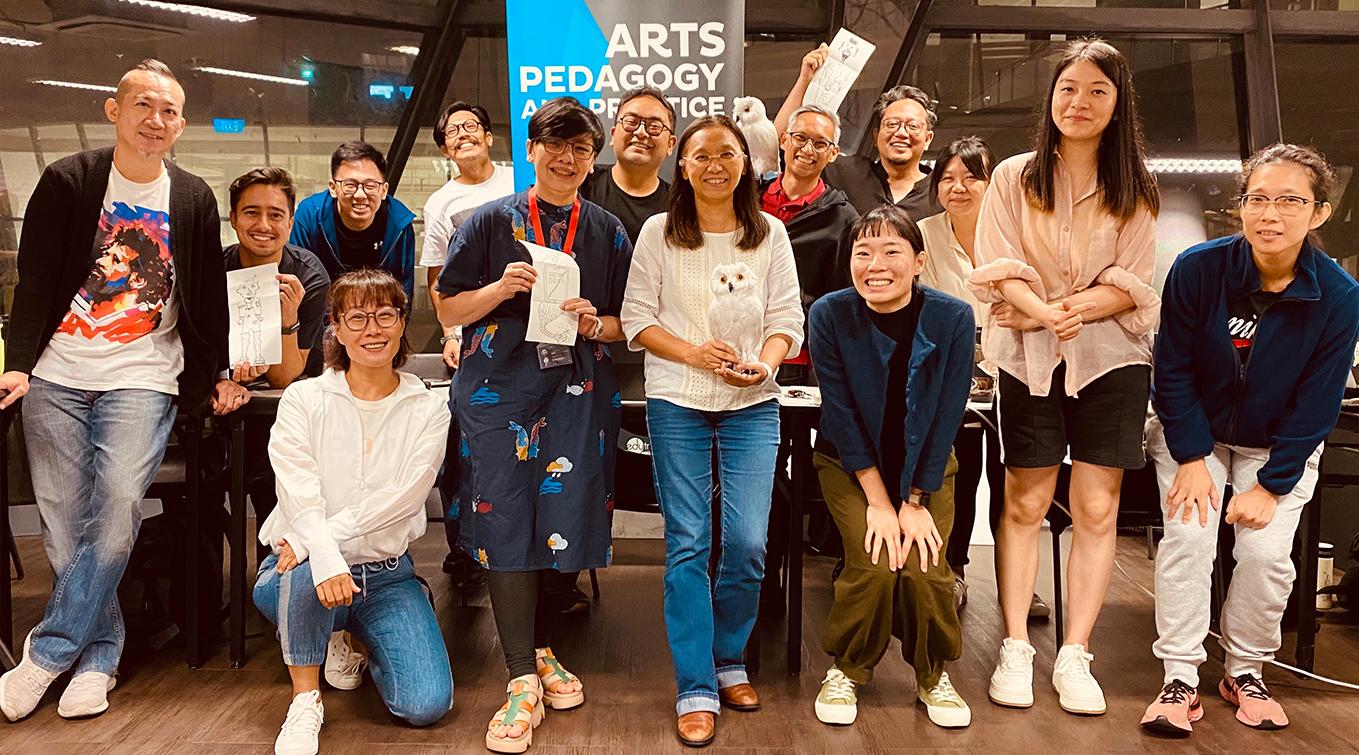MA Arts Pedagogy and Practice Programme Leader Dr Woo Yen Yen (front row, third from left) with her students after a session with guest lecturer Dr Wang Ruobing from LASALLE’s McNally School of Fine Arts.
What is arts pedagogy? Perhaps the phrase is a head-scratcher – why the need for distinction between arts pedagogy and general pedagogy? Or if arts education is seen as merely a form of vocational training, then arts pedagogy is simply about the best ways to go about imparting techniques to arts students.
The MA Arts Pedagogy and Practice programme at LASALLE wants to push beyond these either-or paradigms.
To be well-versed in arts pedagogy requires not only deep knowledge in the specific art form but also the ability to create aesthetic experiences that engage students, audiences and communities.”
“I think it would be too easy to simply be about ‘imparting techniques to arts students’,” says Dr Woo Yen Yen, who took over as Programme Leader for the MA Arts Pedagogy and Practice programme in August 2023. “Arts pedagogy is, simply put, concerned with teaching the arts and teaching through the arts. To be well-versed in arts pedagogy requires not only deep knowledge in the specific art form but also the ability to create aesthetic experiences that engage students, audiences and communities.”
As Yen Yen sees it, the central provocation in the MA Arts Pedagogy and Practice programme is how artist-teacher-researchers can use their practice to ask big questions, change thinking and shape culture. “So for example, if the loneliness of seniors is an issue, how can artists contribute to that conversation? How can we solve it together with families and communities?”
For Yen Yen, the two halves of the programme’s title, ‘arts pedagogy’ and ‘arts practice’ could be argued to be one and the same – artistic practices are innately pedagogical.
Yen Yen shares her views on why the arts make such a powerful modality of pedagogy, the exciting experimentation that has been taking place in the programme and how she hopes the programme can build a community of artist-teacher-researchers who can support each other.
What makes the arts such an effective modality of pedagogy?
I think the best kind of art is powerful because it works beyond the cognitive – it works at the level of experience, emotions, desires and pleasures. The arts can get audiences to consider alternative ideas, and make what’s familiar unfamiliar so that we see different realities, problems and possibilities.
Music, for example, has galvanising power in any number of political movements, like the fall of the Berlin Wall, the Velvet Revolution, or the Civil Rights Movement. It can be used for good or it can be used for control. Dictators know the power of the arts very well – and that’s why we see the use of propaganda films, theatre and music.
The arts is also particularly powerful in today’s distracted world, because the arts can focus our attention. It says, “look here!”
What distinguishes arts pedagogy from classroom pedagogy?
The tools are different, but the principles are the same.
As a classroom teacher, I work through a process like this: study the students for their strengths and capacities, make it relevant, get students thinking and talking. Most important to me is the principle that what I teach really doesn’t matter as much as what my students learn.
It’s surprisingly similar to my practice in the media arts. I study the people I’m writing stories about, make the form relevant to the audience’s lives, design enough of the familiar through sound and image to lure them to consider unfamiliar perspectives, and inspire enough questioning and wonder for the audience to want to talk about the ideas and stories with their friends. Most of all is the question of whether the work is speaking to the intended audience.
These pedagogical principles have remained throughout my creative practice – including directing the feature-film, Singapore Dreaming, co-founding the satirical humour website TalkingCock.com, and co-creating the bilingual Dim Sum Warriors comics and app for children.
Many of the students in this MA programme are likewise not just concerned with what they want to say through their art, but are very conscious of what its impact might be on the audience – like the best teachers we’ve had.
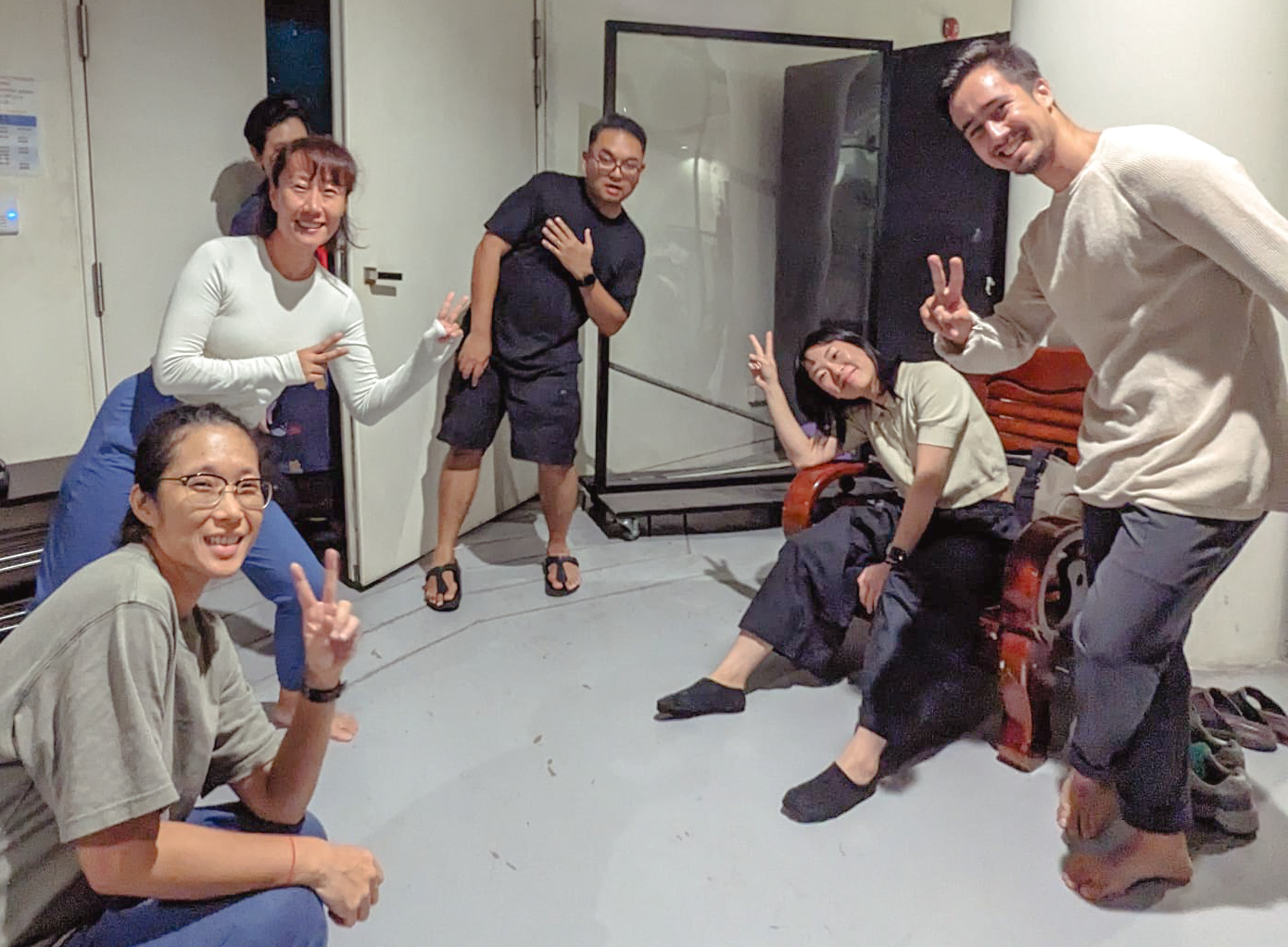
What has been your impression of the MA students so far?
I came in as Programme Leader not quite knowing what to expect.
What I found is a community of learners, teachers, makers, researchers. While they come from different artistic practices, all of them have a few defining traits. They have the drive to make powerful art, they are eager to experiment across disciplines, and they care a lot about making an impact on the world through their teaching, arts practice and research.
What excites you about the work taking place in MA Arts Pedagogy and Practice studios?
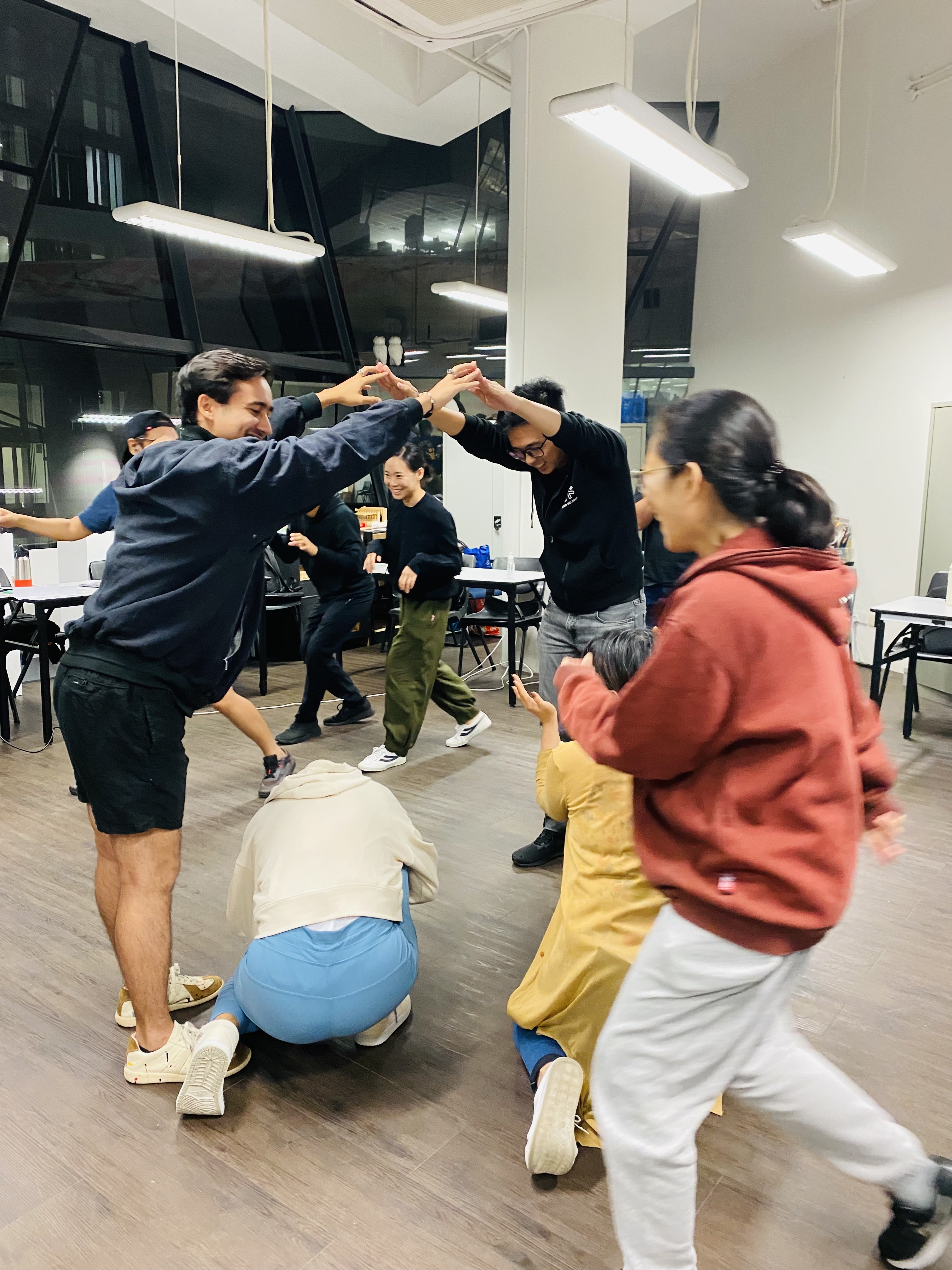
For many of our meetings, our students go home and they tell their families about what just happened in class. I know I tell my daughter all the time. Because it’s that exciting.
The energy really comes from how each cohort is a purposeful mix of artists across disciplines eager to try new ideas. It’s really an incubator of innovative ideas.
There’s a ton of cross-pollination across disciplines as we get to experience how actors, directors, musicians, visual artists, and dancers teach, learn and make. You might see a guitarist experimenting with performance art, a dancer acting, a robotics teacher dancing, and bringing these new-found modalities to their own teaching and art-making.
What do you think are the benefits of pursuing an MA in arts pedagogy in a specialised arts institution like LASALLE?
I came to LASALLE from a teacher education programme in a liberal arts institution, not a specialised arts institution. So the differences are stark for me.
At a specialised arts institution, ‘work’ is a combination of creative practice and academic writing and not solely academic writing. The lecturers all have creative practices of their own across different disciplines and are immersed in the broader arts ecosystem making it possible to provide mentorship and industry connections for our students. For instance, this past semester, we had Dr Wang Ruobing [from the McNally School of Fine Arts] come in to talk about sustainability and getting our students to think about how to engage communities with art-making.
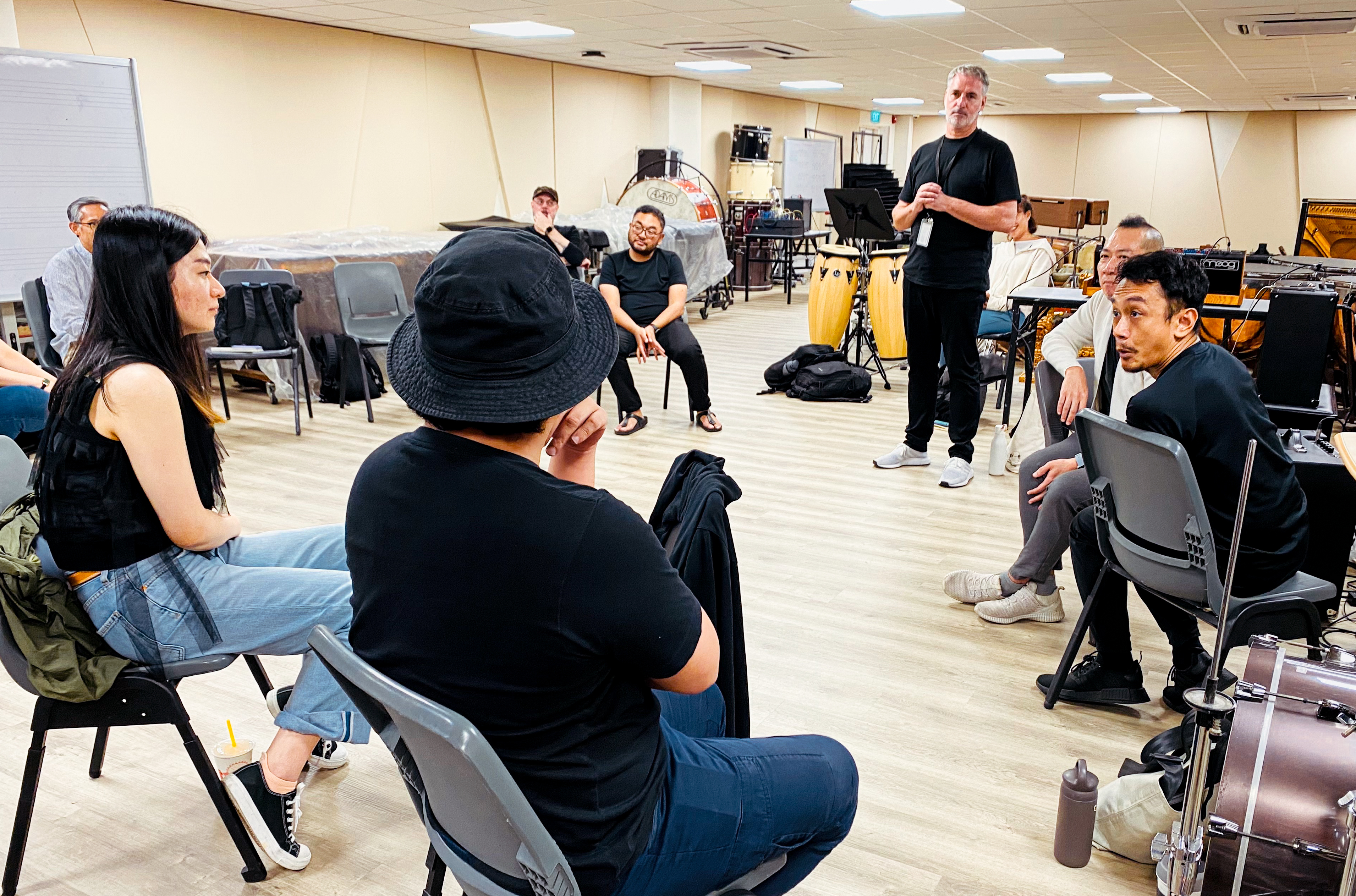
The infrastructure is also much more specialised. For our classes, we might be working with movement in the dance studio one week, or creating synth music in the music lab another week. Where else would you get to the opportunity for such joyful experimentation across disciplines?
Most important is the informal culture of testing new ideas and maybe making a breakthrough or maybe getting them totally wrong. It’s a really supportive community. An MA student recently told me that he never felt at home in other institutions because he was always that weird art kid, but LASALLE is a creative home for him.
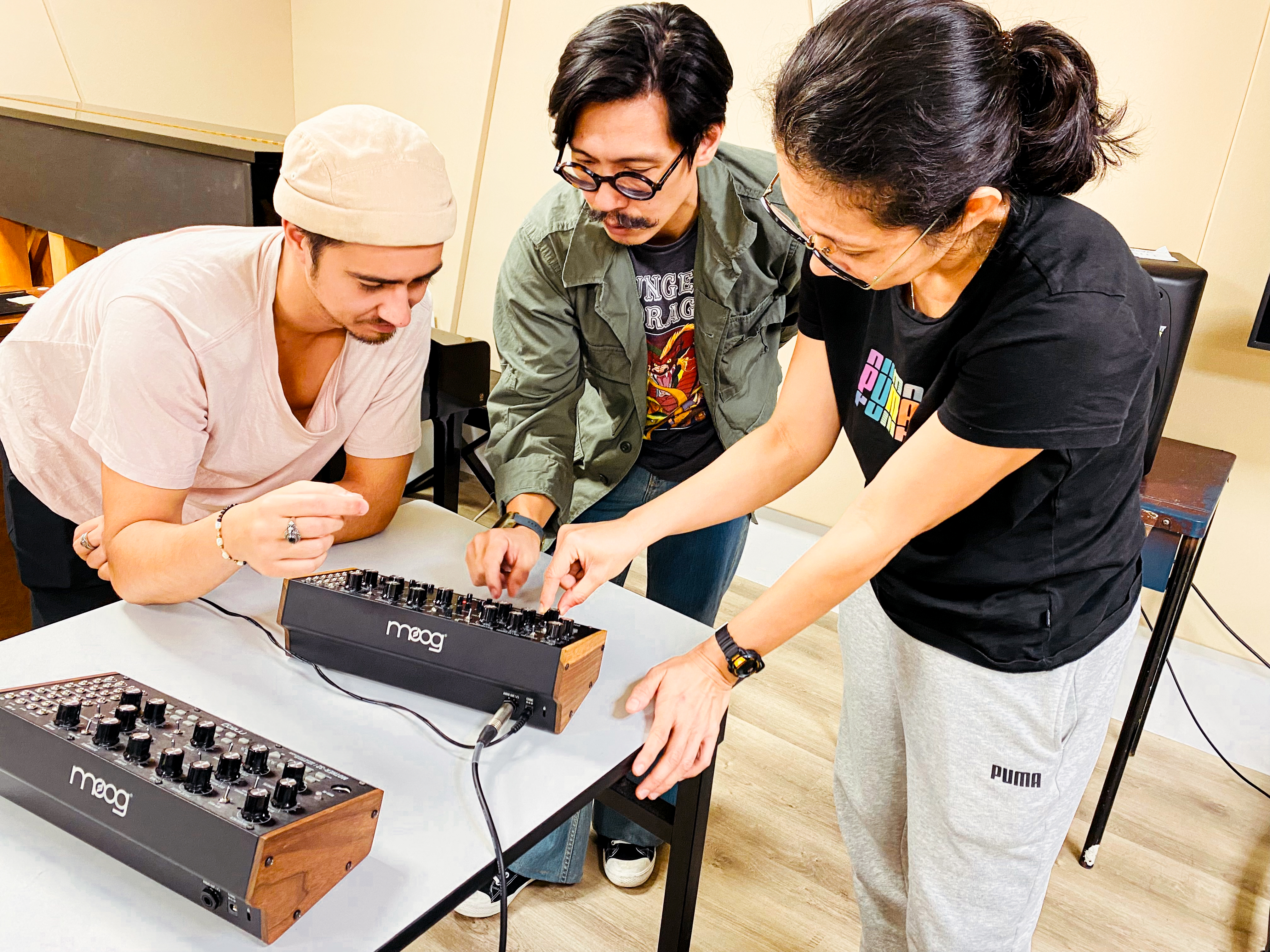
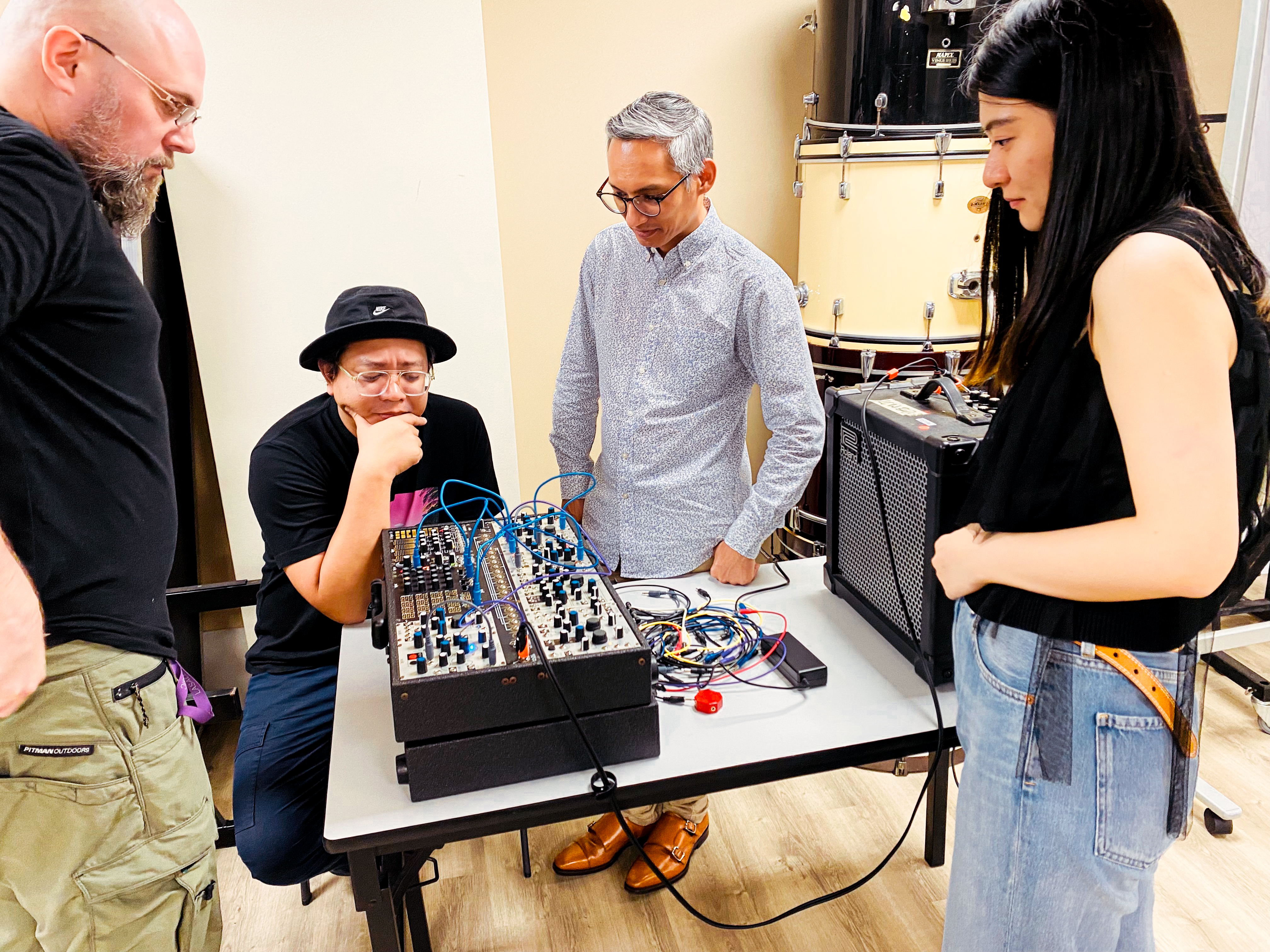
What do you hope the MA candidates will leave the programme with?
You know how in martial arts movies, the pugilist goes into a cave to train and practise for some time before descending from the mountain to conquer the enemy?
For students who have some idea of what they want to do with their teaching and practice, the MA is a pretty powerful incubator where they get to articulate, experiment and research those ideas so that they become more artistically and pedagogically potent. More important than that, I hope this is the place where students build collaborative and supportive relationships that will sustain them in their careers and creative lives.
By the time the MA students emerge from the metaphorical cave, I hope they are ready to be agents of change – they can go out into the world, they will have their collaborators, and they can work alongside like-minded communities, organisations and schools to create arts experiences that will change thinking and shape culture.
Apply now for our postgraduate programmes.

